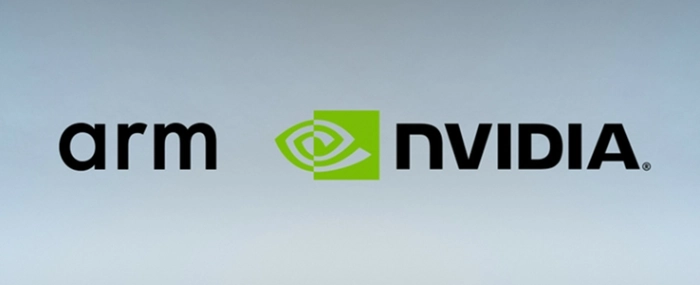
NVIDIA’s acquisition of Arm failed – Arm to go public
NVIDIA and SoftBank have terminated NVIDIA's $40 billion acquisition of Arm. The deal was set to become the largest semiconductor deal in history, had it gone through.
The parties have agreed to terminate the agreement due of what the companies describe as; "significant regulatory challenges preventing the consummation of the transaction, despite good faith efforts by the parties". Arm will now start preparations for a public offering.
“Arm is at the center of the important dynamics in computing. Though we won’t be one company, we will partner closely with Arm. The significant investments that Masa has made have positioned Arm to expand the reach of the Arm CPU beyond client computing to supercomputing, cloud, AI and robotics. I expect Arm to be the most important CPU architecture of the next decade,” says Jensen Huang, founder and CEO of NVIDIA in a press release.
At the same time, Softbank announces that it will start the preparations for a public offering of Arm – targeting to complete the move before March 31, 2023.
“Arm is becoming a center of innovation not only in the mobile phone revolution, but also in cloud computing, automotive, the Internet of Things and the metaverse, and has entered its second growth phase,” said Masayoshi Son, CEO of SoftBank. “We will take this opportunity and start preparing to take Arm public, and to make even further progress.”
The agreement between NVIDIA and Sofbank was entered back in September of 2020 – and in accordance with the terms of that agreement, Softbank will retain the USD 1.25 billion prepaid by NVIDIA.
Criticism of the deal
The deal received backlash from the industry within days of its announcement. One of the more vocal parties was Arm-cofounder, Hermann Hauser, who called the deal a disaster and said that it should be blocked. Additionally, the UK Competition & Markets Authority (CMA) launched an in-depth investigation into the deal. Concerns were mainly centered around the sanctity of Arm’s open-licensing model – which SoftBank has maintained. The fear has been that the Nvidia deal will risk the destruction of said business model.
As we entered December 2021, the US Federal Trade Commission launched a lawsuit aiming to block acquisition. The FTC said in a statement back then that the deal would give Nvidia “control over the computing technology and designs that rival firms rely on to develop their own competing chips.”
Had the deal received all necessary regulatory approval and thus been completed, it would have been the largest semiconductor deal in history as it would have topped Avago's 2015 deal to buy Broadcom for USD 37 billion, and SoftBank’s USD 32 billion purchase of ARM in 2016.


